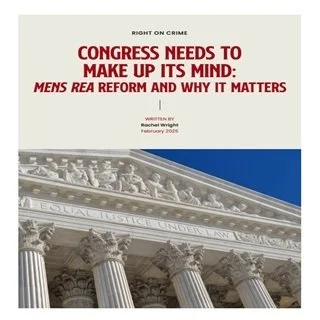By Nisha Waller
The legal dragnet examines the law and prosecution practice concerning secondary liability, often referred to as 'joint enterprise'. Focusing on homicide cases, it highlights the risks posed by the current ambiguous law and makes a case for creating a safer framework for prosecution.
The report finds joint enterprise laws are vague and wide in scope, causing systemic injustice, including overcriminalisation, over punishment, discriminatory outcomes, and convictions where there is no compelling evidence of intent and a defendant’s physical contribution is minimal.
In particular, the current law:
was not ‘fixed’ by the Supreme Court in 2016.
does not have clear parameters on secondary parties’ conduct and contribution to an offence.
lacks clarity about what counts as assistance and encouragement (the latter in particular).
Under the current vague law, suspects are routinely charged and cases constructed with an absence of rigour, quality, and precision as to the role of each defendant. The law encourages:
the police and Crown Prosecution Service to charge suspects based on poor-quality evidence.
‘storytelling’ and highly speculative prosecution case theory to take precedence over strong evidentiary foundations.
the use of gang narratives and vague concepts such as ‘in it together’ to construct collective intent. The risks of legal vagueness are particularly borne by young Black men and teenagers, who are most likely to be labelled and stereotyped as gang members.
Given the gravity and long-standing nature of concerns about the current law, the scope of secondary liability law needs to be narrowed in favour of a clearer and safer legal framework. Preventing wrongful convictions and their grave implications should take priority over the ease of prosecution.
The government must make good on their commitment to reform the laws of secondary liability as soon as is practically possible.
A minimum next step is for the government to request a Law Commission review. In addition to legal reform, urgent action is required regarding the various unjust processes that have flourished under the current vague law, highlighted in this report, particularly police and Crown Prosecution Service charging decisions, the overuse and misuse of gang evidence, and speculative and far-reaching prosecution case theory
Centre for Crime and Justice Studies, 2024. 32p.



